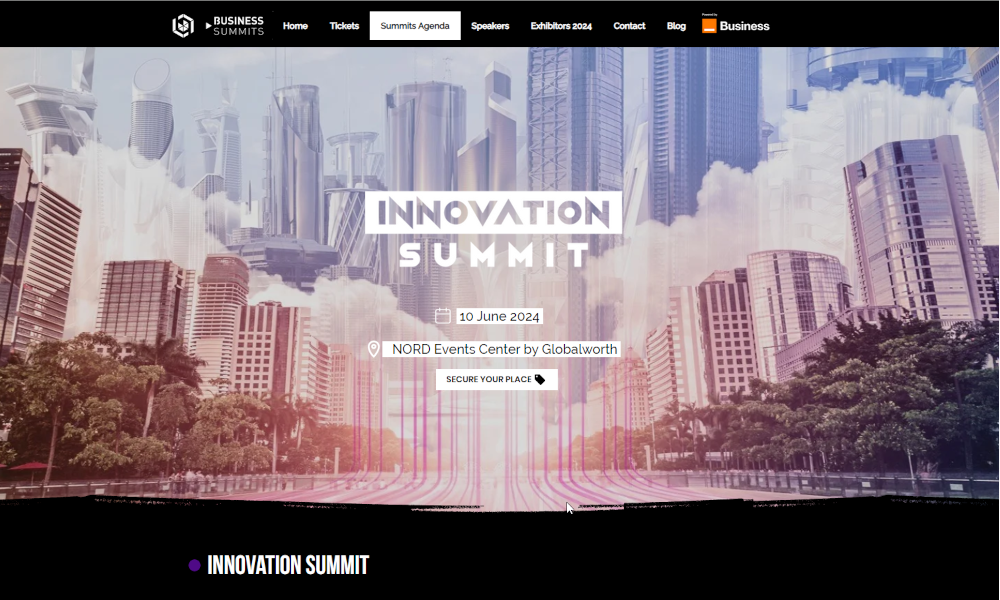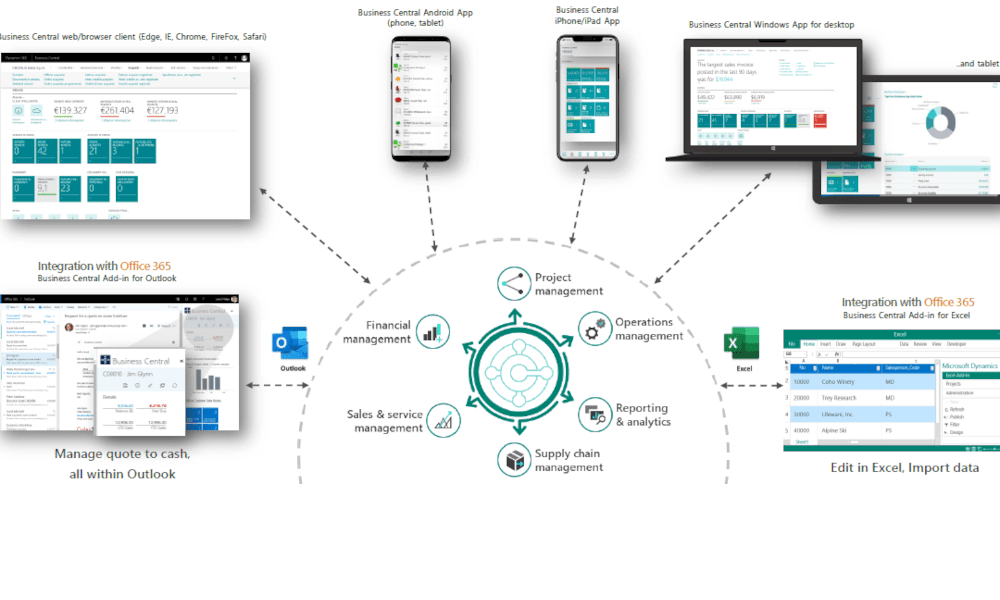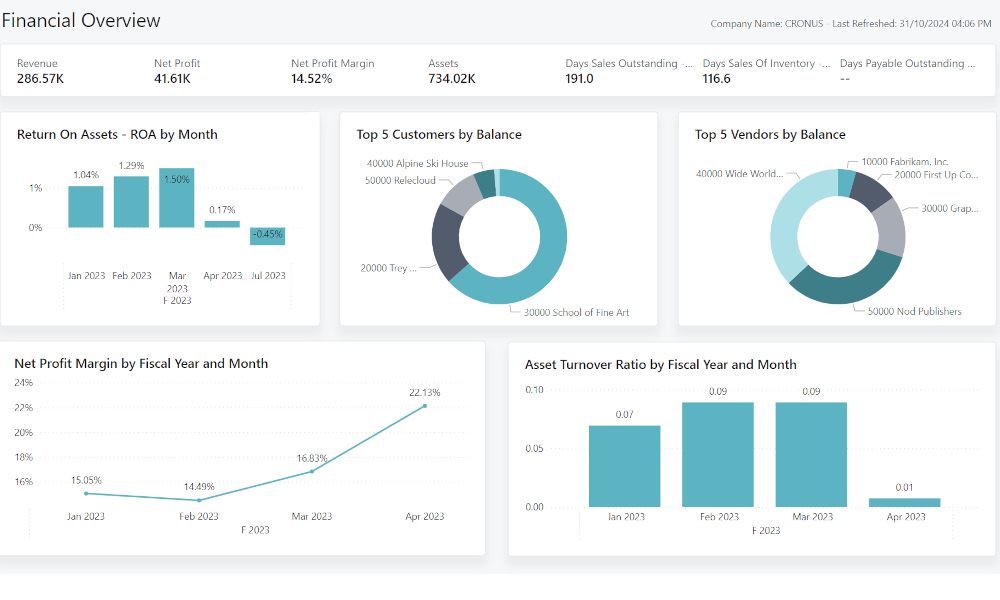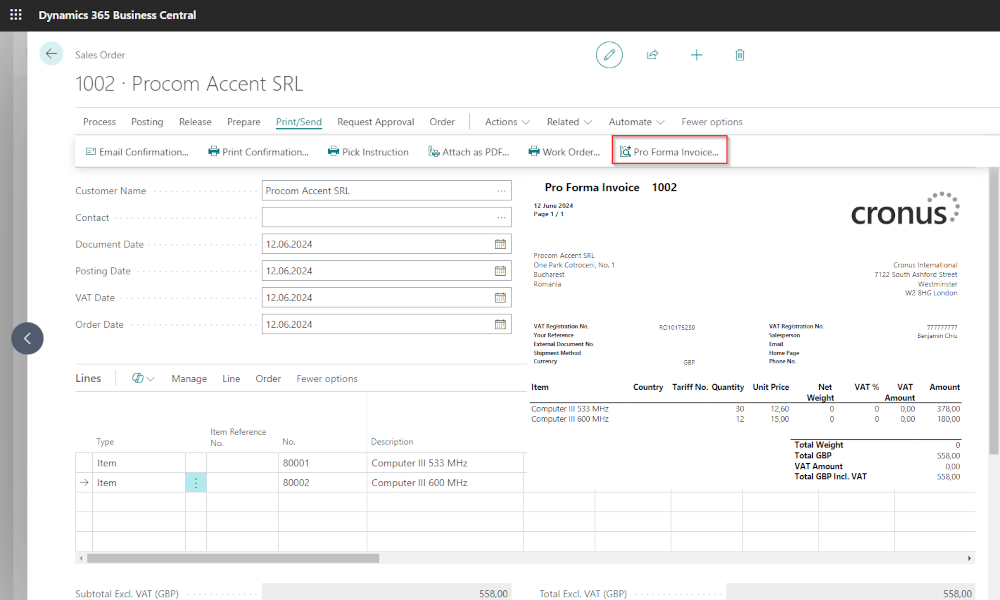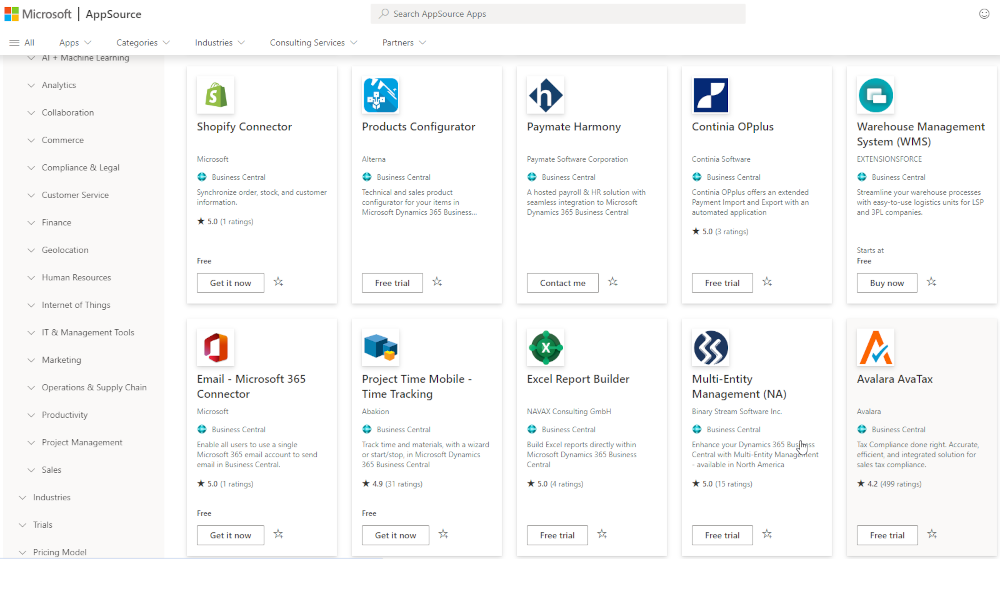At the beginning of this month, the Bucharest Tech Week 2024 festival took place, the largest technology and innovation festival in Central and Eastern Europe. Already a tradition – now in its eighth edition, the festival includes several specialized conferences on tech industries, plus Tech Expo, an exhibition where visitors can see (and test) the latest innovations in technology.
The festival opened with the “Innovation Summit” conference, dedicated to how technologies can support innovation in the business environment. Representatives from top tech companies, government agency officials, and industry experts were present. The conference included presentations and discussions that outlined several themes that we believe are of interest to the entire business community.
The relationship between innovation, creativity, and technologies
During the discussions, it was emphasized that innovation is a continuous process that must be supported primarily through a culture of innovation, which does not depend on technologies but on how people relate to change. Innovation is necessary precisely because the market is very dynamic, and things are changing at an increasingly faster pace. Companies, to maintain their competitive advantage, must innovate.
Technologies can support and accelerate innovation, but they cannot bring innovation by themselves. Innovation is a creative process that, for now, can only be achieved by people. Innovation is not without risks, it involves costs and an entrepreneurial spirit, but without innovation and the technologies that enhance it, companies risk losing the race for competitiveness. Therefore, companies must first and foremost promote a culture of innovation.
Innovation and artificial intelligence
Artificial intelligence is currently one of the most highly interesting topics because it is considered a technology that can bring dramatic changes not only to the business environment but to society as a whole.
However, speakers emphasized that although it has recently come to the public’s attention, artificial intelligence has been implemented in business processes for many years. For example, one of the speakers from the automotive industry presented a self-parking system (cars that park themselves), a system already found in newer cars. It will likely become a standard feature in a few years. The software that achieves this is one of the applications of artificial intelligence.
Artificial intelligence is not expected to replace the human resource but to assist in decision-making and possibly take over repetitive tasks that do not add value. It is no coincidence that Microsoft decided to name its suite of artificial intelligence applications “Microsoft Copilot,” precisely to underline this role of technology being subordinate to human decision-makers.
Digital transformation, IoT, and IoB
Although artificial intelligence is now the “hottest” topic, this does not mean that other technologies do not contribute to transforming the business environment, even if in a more discreet manner. There was extensive discussion about what digital transformation means, an umbrella concept that is more than embracing one technology or another, it is a way of constantly relating to everything new that can support a company’s productivity. And in the context of continuous digital transformation, concepts like IoT – Internet of Things and IoB – Internet of Bodies are becoming increasingly relevant.
The Internet of Things (IoT) describes devices with sensors, processing capabilities, software, and other technologies that connect and exchange data with other devices and systems over the Internet or other communication networks. There are already applications based on IoT – for example, those medical devices that measure various parameters (blood glucose level, blood pressure, heart rate, etc.) and can remotely transmit information and, if necessary, alert medical staff when the measured parameters reach critical levels.
The Internet of Bodies (IoB) is a newer concept and refers to those devices that are more intimately connected to our bodies, such as biosensors implanted in the skin or interfaces that link the human brain to the computer. Although they are still in the research and testing phase, these devices can fundamentally change the way we work with technology and how we perform daily activities.
At the conference, a device in the form of a contact lens was presented that can be worn like a regular contact lens and yet is able to connect to an application on a mobile phone, providing real-time information without those around noticing in any way. It’s what we usually see in spy sci-fi movies, but it’s beginning to become everyday reality.
In conclusion, from the “Innovation Summit” conference, we took away the idea that spectacular developments will occur in the near future and that to adapt, we need to be open to everything new, which sometimes means taking risks, but above all, being aware that innovation is not given by one technology or another, but by how we relate to change.
Elian Solutions is part of the Bittnet Group, active for over 15 years as an implementer of the Microsoft Dynamics 365 Business Central ERP system. With a team of over 70 employees and a portfolio of over 250 clients, Elian Solutions is one of the key Microsoft partners for ERP systems.

